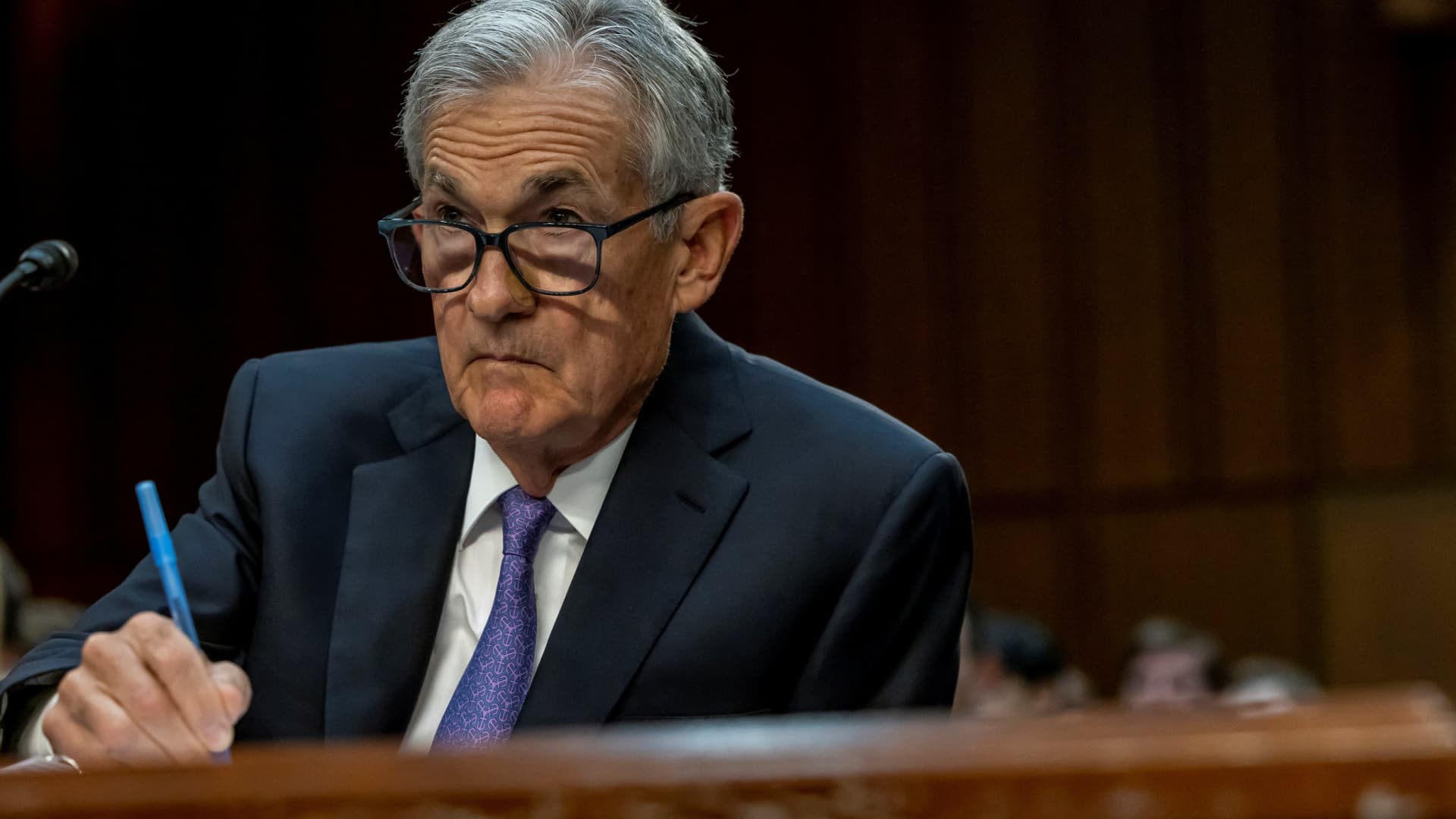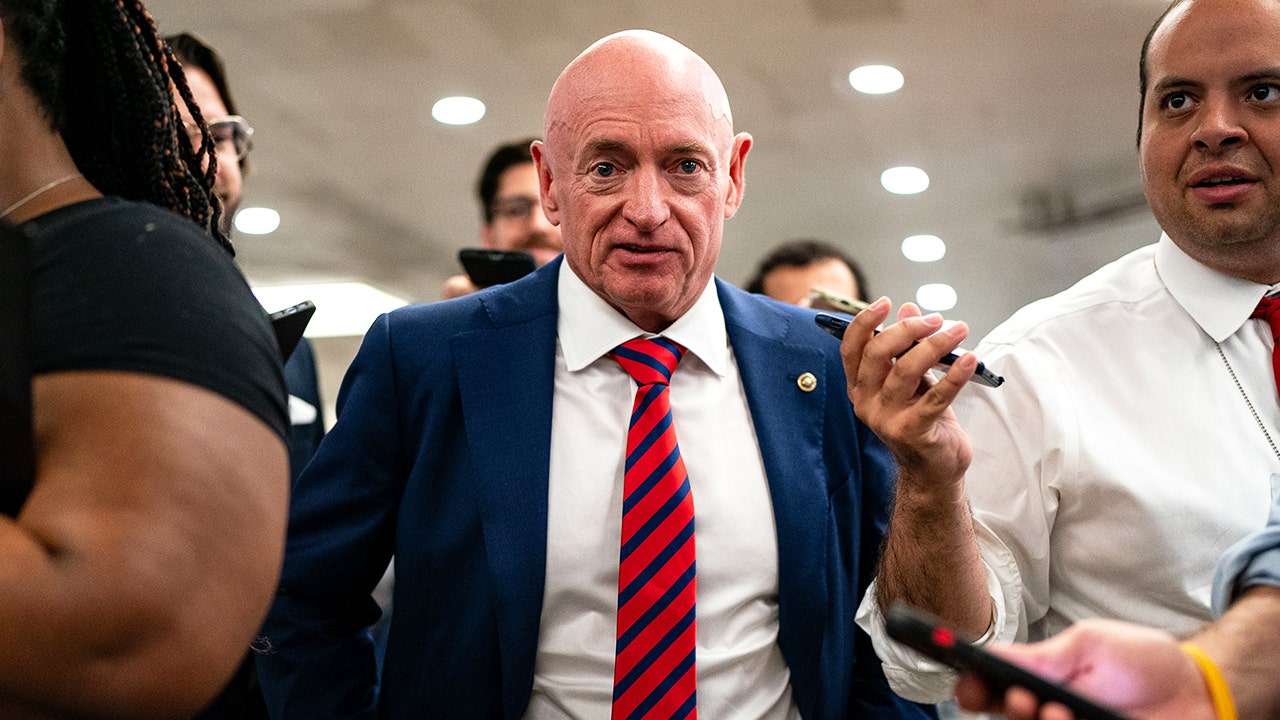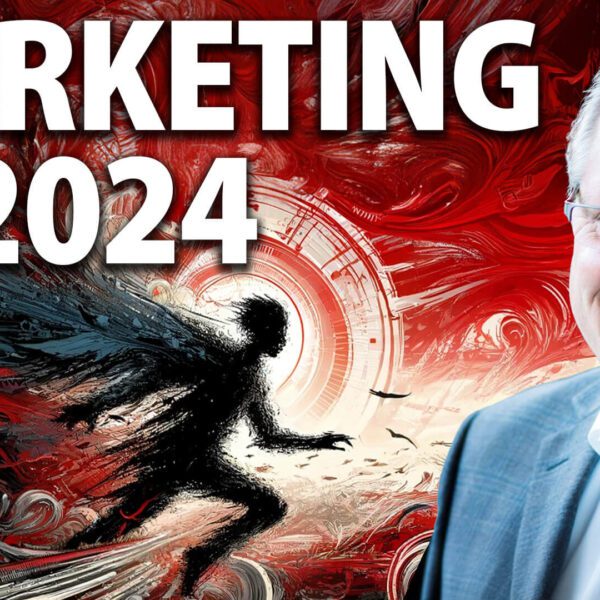Improving news on inflation again has raised investors’ hopes that the Federal Reserve soon will start to aggressively lower interest rates. Following Friday’s Commerce Department report that the annual inflation rate as gauged by the Fed’s favorite measure had cooled to 2.5%, traders increased the probability that not only will the first rate cut in more than four years come in September, but a series also will follow through the end of the year. Futures market pricing now indicates that while the Fed will remain on hold at next week’s policy meeting, it will commence cutting in September and move again in November and December. The core personal consumption expenditures, or PCE, price index, which the Fed more closely uses to guide policy and which excludes food and energy inputs, was slightly higher, at 2.6%. “Investors are now fully pricing in 25 basis-point rate cuts in September and December with strong probabilities for cuts in the November and the January meetings,” Joseph Brusuelas, chief economist at RSM, said in commentary following the PCE release. “If that forward-looking market data holds, such a move implies a full 100 basis-point reduction in the federal funds rate from its current range of 5.25% to 5.5% to 4.25% to 4.5% over the next 180 days,” he added. The market-implied probability for a September cut nudged up to about 90% Friday morning, according to the CME Group’s FedWatch Tool that measures fed funds futures pricing. Traders further assigned a 67% chance of a November reduction — that month’s meeting begins the day after the presidential election — and a 64% probability for December. January was still seen as less than 50%. Fed funds futures have been an unreliable guide this year for Federal Open Market Committee decisions. Traders in early 2024 were pricing in at least six cuts this year, but the central bank’s rate-setting group has remained on hold for a year. However, officials in recent days have shown more of an inclination to cut. In congressional testimony earlier this month, Fed Chair Jerome Powell noted the risks of holding rates too high for too long and said additional good inflation data would “strengthen our confidence” that reductions are warranted. Governor Christopher Waller echoed those comments, saying the Fed is “getting closer” to easing. Following the two-day meeting that concludes next Wednesday, the Fed meeting schedule is empty for August, save for the all-important annual conclave in Jackson Hole, Wyoming. Fed chairs traditionally have used the retreat to make significant policy speeches.
Subscribe to Updates
Get the latest tech, social media, politics, business, sports and many more news directly to your inbox.















